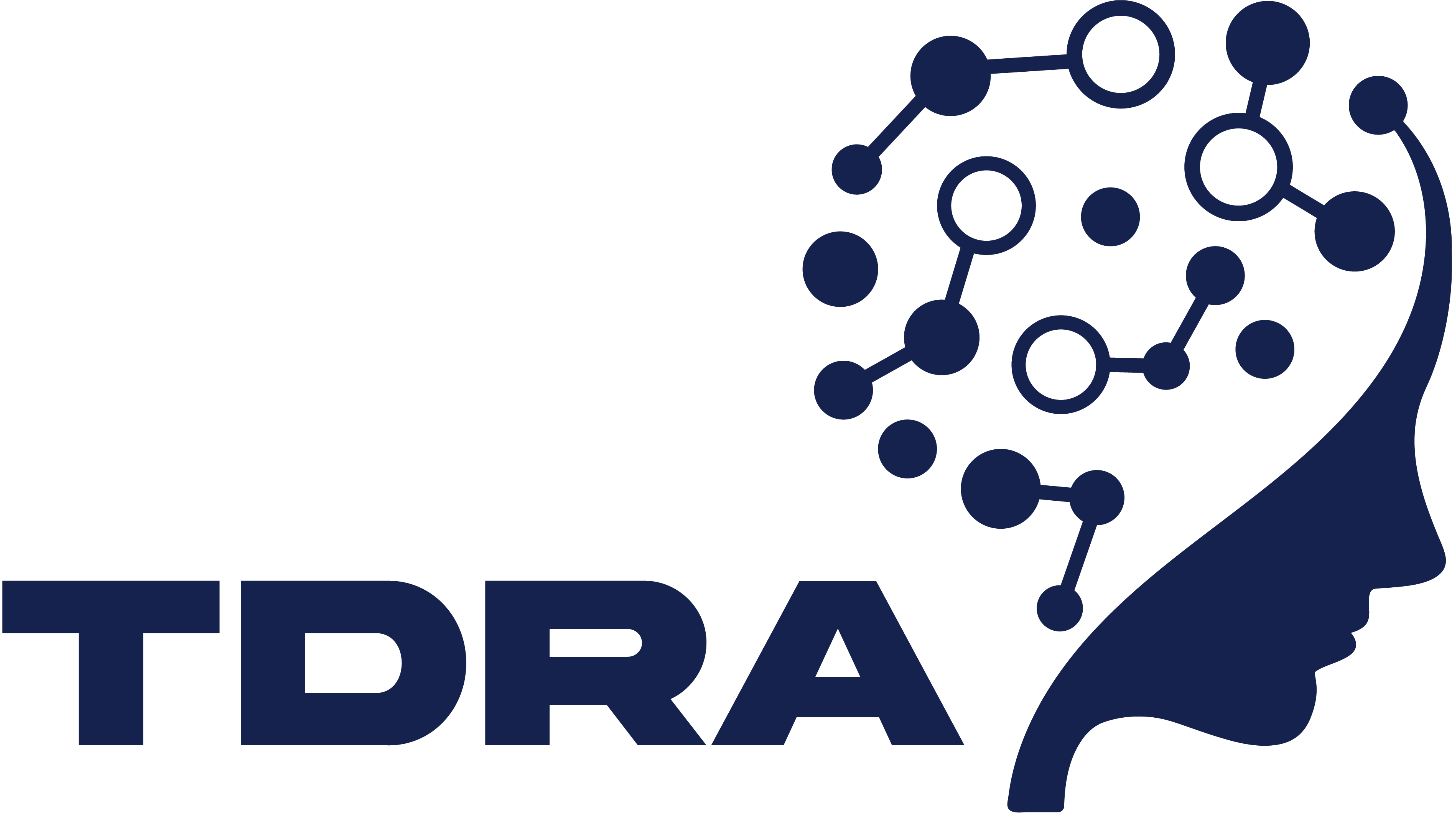Bright Spark
Full study title: Bright Spark: Measuring Brain Activity to Predict Cognitive Health in MCI & Alzheimer’s Disease
What is the study about?
This study looks at how the brain’s electrical signals can be used to improve the early detection of Alzheimer’s disease. Early detection of brain changes is crucial to prevent cognitive decline and dementia. This study uses electroencephalography (EEG) to record the brain’s electrical signals during simple tasks, with the hope of validating a measure that can improve early detection of Alzheimer’s disease.
Eligibility – Who can participate?
Participants must:
- Be between 60 and 85 years of age
- Have a diagnosis of Mild Cognitive Impairment or a diagnosis of Alzheimer’s dementia
- Have normal vision (with visual aids, if needed) and no serious health issues
This study also requires participants to have a study partner who has known them for the last five years.
Time requirement
- Visit 1: Lasting 2.5-3 hours, includes questionnaires about medical history, activities of daily living, an EEG test, and cognition, memory and thinking tasks.
- Visit 2: A 1-1.5 hour visit with an EEG test only, 1-2 weeks after Visit 1.
- Participants with a diagnosis of MCI will be asked to return for follow-up visits at 6, 12, and 18 months to repeat the same assessments as Visit 1.
Study Video
Advances in Dementia Research Webinar- Listen to Dr. Eugenie Roudaia (Principal Investigator) discuss the Bright Spark study in further detail:

Do you have questions about research studies you saw on this page?
Please contact tdra@utoronto.ca

Disclaimer
The listing of a study on the TDRA’s Research Studies Portal is for informational purposes only. The safety, efficacy or scientific validity of the studies listed here have not been evaluated by The Alzheimer Society of Toronto (AST) or the Toronto Dementia Research Alliance (TDRA). The TDRA is an academic coalition among the University of Toronto and Baycrest, the Centre for Addiction and Mental Health, Ontario Shores Centre for Mental Health Sciences, Sunnybrook Health Sciences Centre, and the University Health Network. The information collected will be kept and guarded by TDRA. Choosing to participate in a study is an important personal decision. Before you participate in a study, you should make sure you understand the risks and potential benefits and discuss all options with your health care provider(s).


